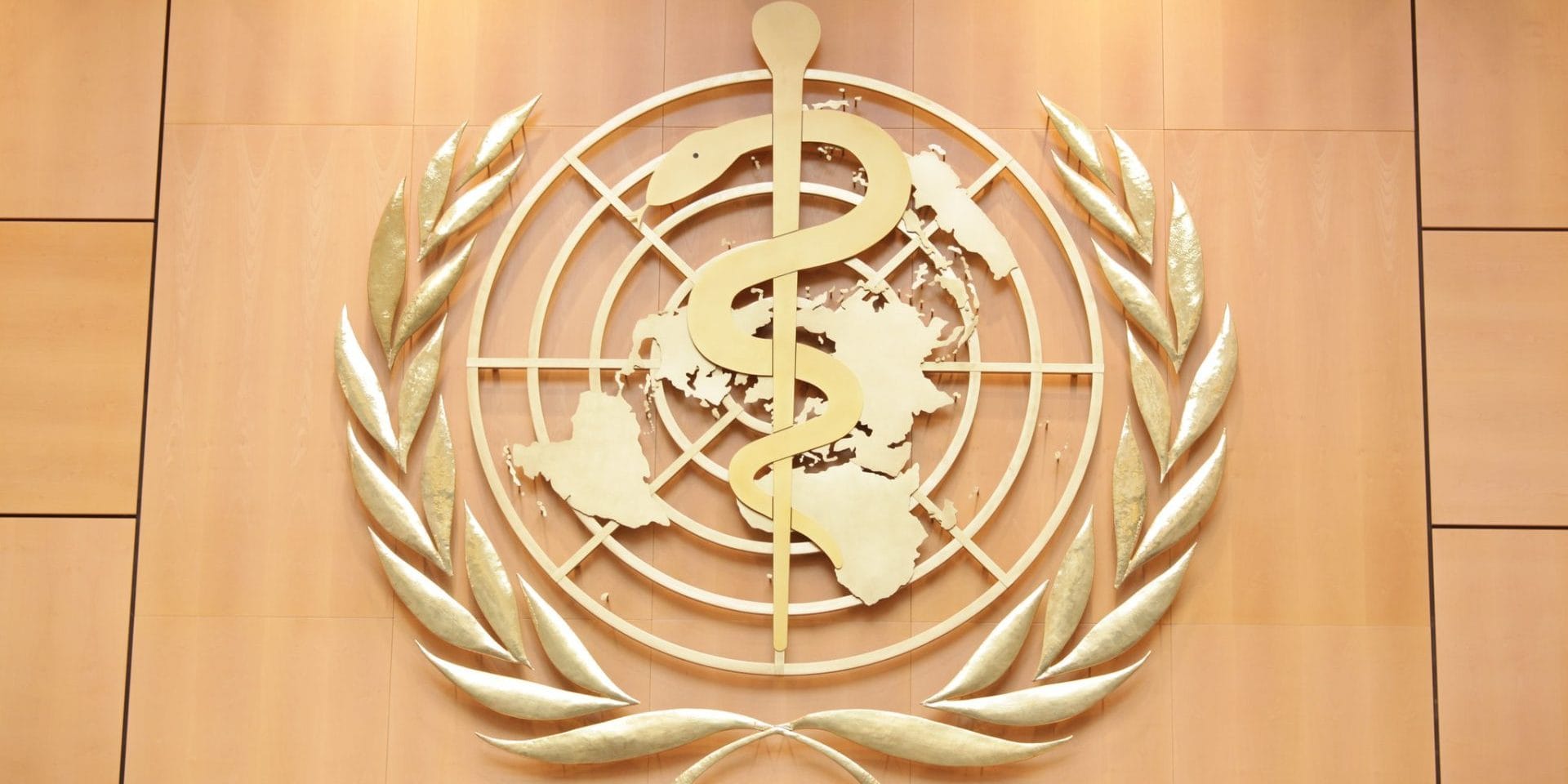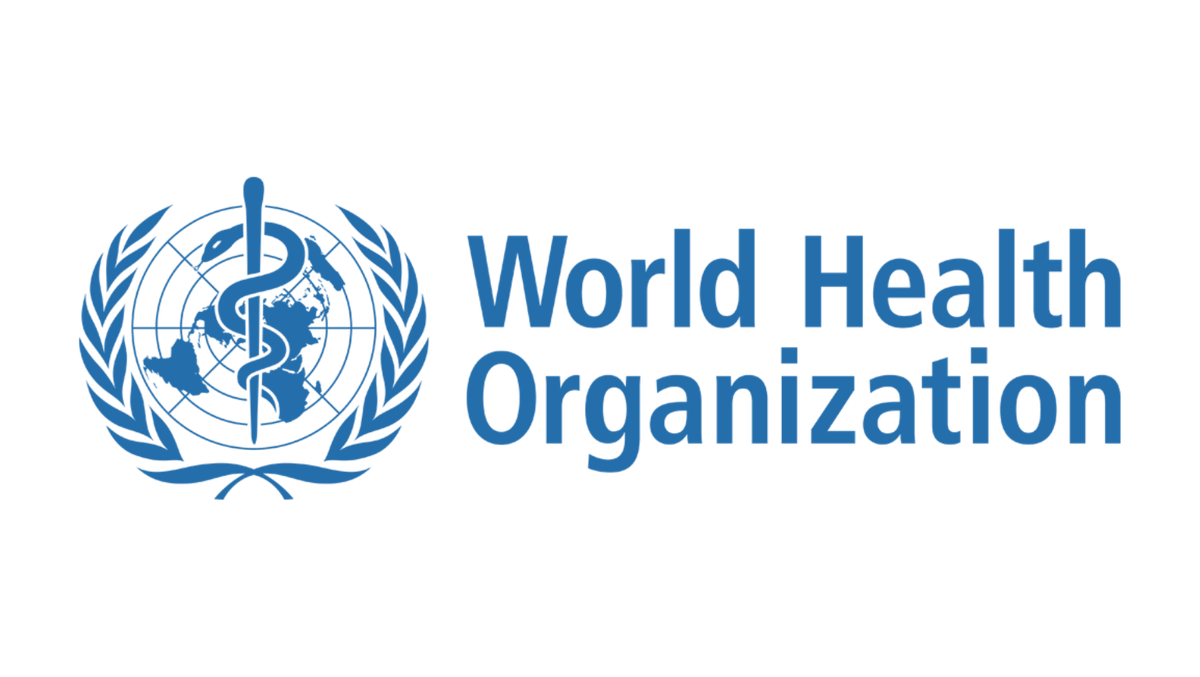Don’t let Ottawa sign away our sovereignty to the WHO
The WHO Pandemic Treaty could strip Canada of its ability to make its own health decisions, placing power in the hands of unelected global officials

By Cosmos Voutsinos
U.S. President Donald Trump’s recent call for Canada to become the 51st state rightly triggered national outrage. Yet while many were offended by his provocative remarks, a more real and insidious assault on our sovereignty is unfolding in Geneva, where the World Health Organization (WHO) Pandemic Treaty threatens to shift power from democratic nations to unelected global bureaucrats.

The Treaty, under negotiation, is aimed at strengthening global health responses to future pandemics. While proponents argue it will improve global preparedness, critics warn it will undermine national sovereignty, giving the WHO the power to impose sweeping health measures—lockdowns, vaccine mandates, and travel restrictions—without consultation or approval from elected governments. The treaty empowers the WHO director-general to declare a global health emergency, effectively bypassing national decision-making and subjecting countries to externally imposed mandates.
The Intergovernmental Negotiating Body (INB), established by the WHO to draft a new international pandemic agreement, concluded its 13th meeting on April 16. The final proposed treaty will be presented for consideration and adoption at the 78th World Health Assembly, scheduled to begin on May 19.
While global cooperation on public health is essential, Canada’s health decisions should remain in Canadian hands. The treaty gives the WHO significant authority to mandate health responses, potentially overriding local decisions made by Canadian experts and governments. This could mean that Canada’s ability to make pandemic decisions based on local context and need could be compromised by a centralized, unelected body, which Canadians never voted to give power to.
This is not just a health care issue—it is a fundamental challenge to democratic governance. The treaty lays the groundwork for digital health passes and surveillance systems that could weaponize personal health data, as we saw during the trucker protests in Ottawa. Do Canadians want a future where personal freedoms are tied to health status and tracked globally?

There are also serious financial implications. The treaty introduces a “Pathogen Access and Benefit Sharing System” with undefined costs, potentially saddling Canada with an ongoing financial burden to fund global health initiatives. Earlier drafts proposed that countries contribute five per cent of their health budgets, a clause that has been removed but replaced with new, opaque financial obligations that could lead to billions in taxpayer dollars being diverted to the UN.
The United States has already initiated its withdrawal from the WHO, raising important questions about how Canada will coordinate cross-border policies and maintain its trading relationship with our largest neighbour during future health crises.
The WHO is not accountable to Canadian voters. It has no direct responsibility to our Parliament or provincial health authorities. It has a poor track record, failing to declare COVID-19 a pandemic in time, hesitating to challenge China’s handling of the virus, and offering shifting guidance that undermined public trust. Why should Canadians accept its authority without direct oversight?
Worse, Parliament will not be sitting during the critical window when the treaty will be presented and potentially signed. According to the House of Commons Sitting Calendar, Canadian Parliament is not scheduled to sit until May 26, 2025, which is after the World Health Assembly concludes. This means decisions could be made behind closed doors with little public debate or political consequence.
The treaty’s implications go far beyond health and set a dangerous precedent that in the next crisis, Canadians may not have a say in how their government responds.
International cooperation should not come at the expense of our freedom and sovereignty. The WHO can offer advice, coordination, and resources but it should not dictate our national response. Canada’s government must reject this treaty, ensuring that any related commitments are brought before Parliament for full debate and approval.
Anything less would betray the trust Canadians place in their leaders. This is not just about public health—it’s about protecting our democratic rights, our sovereignty, and our freedom.
Cosmos Voutsinos is a retired engineer who has published multiple scientific papers that have garnered a total of 96 citations. He earned his Bachelor of Applied Science (BASc) at the University of Waterloo and his Master of Engineering (M.Eng) degree from McMaster University.
The views, opinions and positions expressed by all Troy Media columnists and contributors are the author's alone. They do not inherently or expressly reflect the views, opinions and/or positions of Troy Media or White Rose Intelligence.

